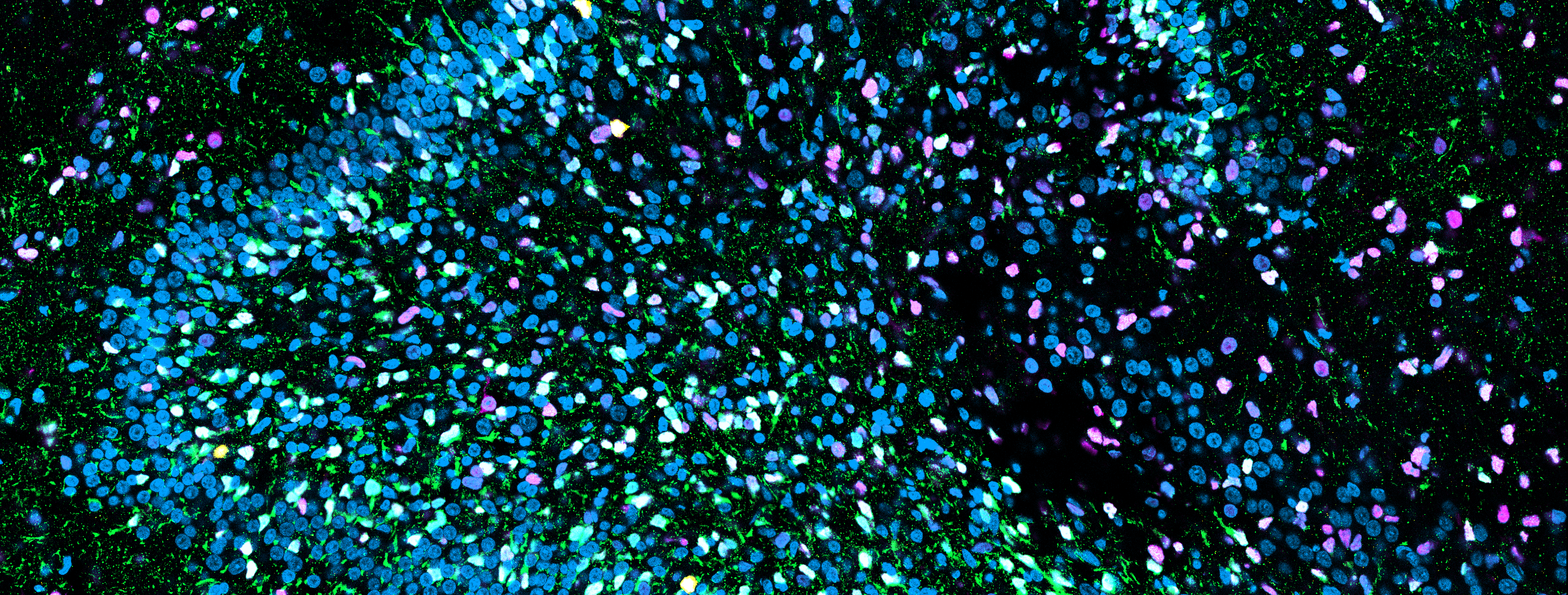Speaker
Description
Comparative socio-genomics is an emerging field that integrates behavioral science, molecular, and evolutionary biology, genomics, neuroscience, and bioinformatics to explore the genetic basis of social behavior across species.
Our aim is to uncover the genetic roots of social behavior to infer novel risk genes for autism, a neurodevelopmental disorder characterized by social and communication deficits, and with a strong sex bias (males: females=4.5: 1). To this purpose, we conducted molecular network analysis on 659 sociality-related genes across different animal species, including humans.
We found that 240 sociality-related genes are in network proximity in the gene-centric human interactome. Interestingly, the network is highly enriched in genes associated with autism (p < 10⁻¹⁵). It shows a modular structure composed of 23 communities and it involves genes primarly regulating cell-cell communication, junction organization, and adherens junction interactions. Enrichment analysis also revealed nine chromosomal bands and five genes (MED12, GJB1, SRGAP2, CFTR, AVPR2) in linkage with key autism genes, while 24 are targets of Human Accelerated Regions (HARs). The network contains genes that could have a role in autism, e.g.: MED12, a regulator of gene transcription acting in neurodevelopment, is a differentially expressed gene (DEG) in the brain of autistic individuals, belongs to chXq13.1, is in linkage with the autism associated gene NLGN3X; FZD9, a receptor for WNT signaling proteins, is a DEG in the brain of autistic individuals, and maps within the WBS locus, whose dosage imbalance leads to behavioral disorders; DMD, is a DEG in the brain of autistic individuals, maps on chX and is a HAR target.
Multiple animal species may serve as a more complete model to define the genomic pillars of sociability. If validated, the inferred genes could serve for advancing the understanding of human social behavior and as novel biomarkers of autism. Funding: GEMMA project (H2020, grant number:00002771-13001252).
| Author(s) | Alice Chiodi1*, Francesca Anna Cupaioli1, Ettore Mosca1, Alessandra Mezzelani |
|---|---|
| Affiliation(s) | 1 Institute for Biomedical Technologies, National Research Council (CNR-ITB), Via Fratelli Cervi, 93, Segrate (MI), 20054, Italy |

